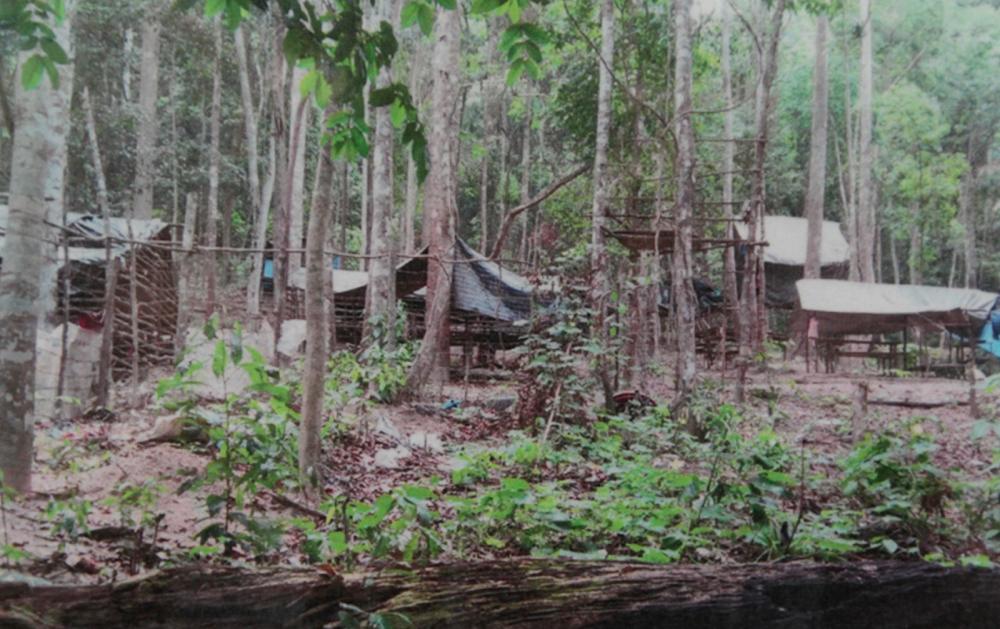PUTRAJAYA: The discovery of mass graves and human trafficking camps in Wang Kelian in January 2015 came as a shock to the National Security Council (NSC).
Then Perlis NSC director, Safrul Faiz Abd Satar said it was felt at that time that the rough terrain and lack of accessibility near the Perlis-Thailand border made it unlikely for such trafficking camps to exist.
“Such things had never happened before in Perlis or Kedah. Usually, the immigrants and syndicates would not use routes that were difficult to access or penetrate,“ he told a royal commission of inquiry (RCI) today.
“They were mostly found on flat land and areas that were easier to reach by vehicles,“ he added.
Perlis shares a 106km border with Thailand, of which only 50km is fenced up. The remaining stretch, including the area around Wang Kelian, is not fenced up because of the topography.
Safrul said stretches that had not been fenced up were classified as “hard to penetrate”, were far from residential areas or within the state’s permanent forest reserves.
He also told the RCI that there were three areas along the border that did not have police security posts but refrained from disclosing its locations.
Safrul said he first received information about illegal immigrants entering Malaysia at a state security council meeting in 2010 and the usual practice was to ask the relevant agencies to beef up security.
He said that from 2010 to 2015, the number of illegal immigrants entering Malaysia was “typically the same each year” except in 2013 when there was a slight increase.
The media and members of the public were later asked to leave the hall before the proceedings continued.
Earlier, former Padang Besar Special Branch chief ASP Jamaluddin Shad Mohd Jawan’s testimony was also heard behind closed doors.














